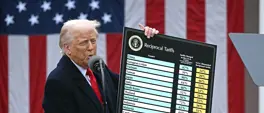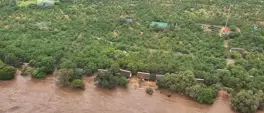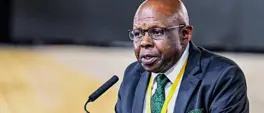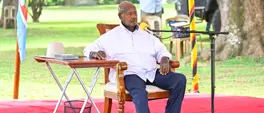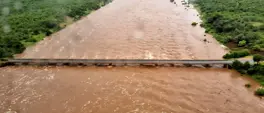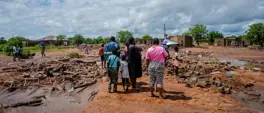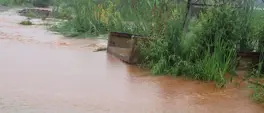Ramaphosa extends deployment of SANDF troops in DRC to December
Lindsay Dentlinger
19 April 2024 | 9:15South Africa's ongoing peacekeeping efforts in the DRC have come under sharp criticism from the main opposition amid claims that South African troops are ill-equipped for the mission and living in deplorable conditions.
CAPE TOWN - President Cyril Ramaphosa has extended the deployment of over 1,000 South African National Defence Force (SANDF) troops in the Democratic Republic of Congo (DRC) to December.
In a letter to Parliament, he said this was necessary to fulfill an obligation to the United Nations (UN) to neutralise negative forces in the country.
South Africa's ongoing peacekeeping efforts in the DRC have come under sharp criticism from the main opposition amid claims that South African troops are ill-equipped for the mission and living in deplorable conditions.
Extending the deployment of South African soldiers in the DRC this week, Ramaphosa said that 1,198 troops would remain on the ground until 20 December.
He said that their aim was to neutralise illegally-armed groups by restoring peace and security to the country.
It will come at a cost of over R800 million to the taxpayer.
In February, two South African soldiers died in a mortar attack, and last month, another two died in an alleged murder-suicide.
An Oryx military helicopter was also shot down during the mission in eastern Congo in February.
In a separate letter, Ramaphosa also informed the legislature of the extension of the deployment of 200 soldiers to the Southern African Development Community (SADC)'s maritime security strategy to counter the threat of piracy and other illegal activity along the Indian Ocean.
This mission has been extended to the end of March next year [2025] at a cost of R35 million.
Get the whole picture 💡
Take a look at the topic timeline for all related articles.
